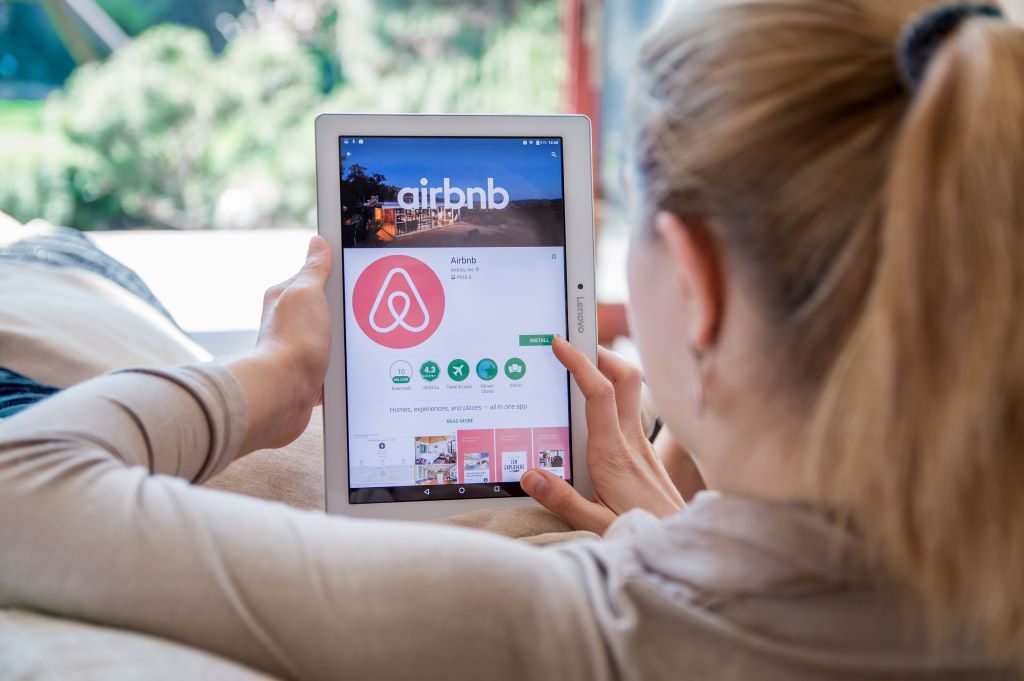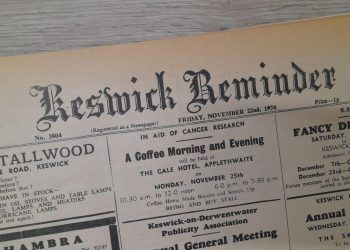
“Residents living next to an Airbnb can report a party, noise complaint or neighbourhood concerns to us,” or so trills the £60bn company on its problem page.
Yet those unfortunate to live next door to problem guests would not necessarily realise that reporting a complaint about an Airbnb involves first having to go through the faff of creating an account with, er, Airbnb, and then logging-in.
Hardly ideal for those rubbing sore eyes in the middle of the night, or indeed those who aren’t online-savvy.
According to Age Concern, a quarter of people aged over 65 never use the internet because of a lack of trust, skills or broadband access and equipment. So logging on in the wee small hours is not much of an option for all. Airbnb says that those who prefer speaking to someone can “request a call” and speak directly to its “specialised team”.
However, complainers shouldn’t hold their breath.
It again involves visiting an Airbnb webpage to request the call. Quite how many people would be prepared to sit up all night waiting for a call that may never come, isn’t clear.
A Google search shows that the San Francisco-based company remains at the heart of the global rental crisis, and has been making (bad) headlines as far apart as Australia, Portugal, Switzerland, and closer to home, Cambridge.
With 6.6 million listings worldwide – 900,000 up last year – and laying off staff – it has been promising to make it “easier than ever” for people to rent out their homes. While in Keswick, hundreds of people wonder where the next affordable flat is coming from.
On Wednesday, with the important Easter tourism promotion push now in full swing, Airbnb PR representatives were plugging Keswick, Ambleside and Windermere, among its top 10 “trending” places to go in the UK this Easter.
Not to be outdone, travel booking website Omio, also crowned the Lake District the most popular destination outside London, and “the fourth most popular English landmark”. The evidence? Clubbing together views on TikTok and hashtags on Instagram, where the Lake District received a neatly rounded-up 399,000,000 mentions. With this kind of over exposure, is it any wonder the Lake District is under huge pressure?
The firm says it has removed or suspended more than 1,000 UK listings as part of a crackdown on party houses.
While that may sound a lot, its search term for Keswick alone suggests more than 1,000 places to stay. Although the net is cast wide and includes Braithwaite, Bassenthwaite, Threlkeld, Borrowdale, and even as far as Carlisle.
As renters are increasingly squeezed out – the search term “places to rent Keswick” brings up Airbnb as the first option. Holiday-makers have a choice from apartments, barns, bungalows, campervans, cottages, cabins, huts, flats, rooms, suites, town-houses, and even a converted shipping container on the outskirts of Carlisle, where you can “sleep with the owls”.
Jean Murray lives on Wordsworth Street, Keswick, where holiday lets are mostly arranged through local holiday cottage rental agencies.
In the past, she has complained about excess noise or dogs being alone to bark day and night.
There’s no wandering lonely as a cloud on this Wordsworth Street, only increasing numbers of “rowdy groups” at all hours.
Her verdict on the local agencies is that they are “not interested and take no action at all”.
“I’m pleased to see that Airbnb seems to have developed a sense of responsibility,” said Jean.
“The letting agencies here need to take far more responsibility and develop a code of conduct for renting a holiday home. There should also be a properly managed complaints system, when action is taken against anti-social behaviour and residents can feel confident about reporting issues. The vast majority of problems caused by holiday lets are not reported to anyone at present, because there is no system to do so, so it is easy for agencies to say they receive very few complaints.”
Keswick’s Louise Dunn, who lives near an Airbnb, also supported the company for trying to tackle problems, but said holiday rental owners and companies in Keswick needed to establish a similar scheme.
“It’s far too late when we are being kept awake at 2am by a noisy party in a hot tub. The significant thing about Airbnb’s solution is that the company is finally acknowledging that there is a problem and taking responsibility for fixing it. Until now this has not always been the case and dealing with rowdiness and anti-social behaviour has been left to their unfortunate neighbours.”
Reminder columnist Harry Wallop, who has a holiday let in Keswick, commented: “Airbnb can make all sorts of claims about how it vets guests and ensures they are responsible. The reality is that it has a pretty poor track record and owners, who put their properties on Airbnb, have very little control over who is coming to stay. Usually, Airbnb can only act after a complaint has been lodged – by which point the damage has been done.
“The real issue with Airbnb is that it has no relationship with any area in which it operates, nor indeed with guests or owners. It is a digital middleman out to make money.”








